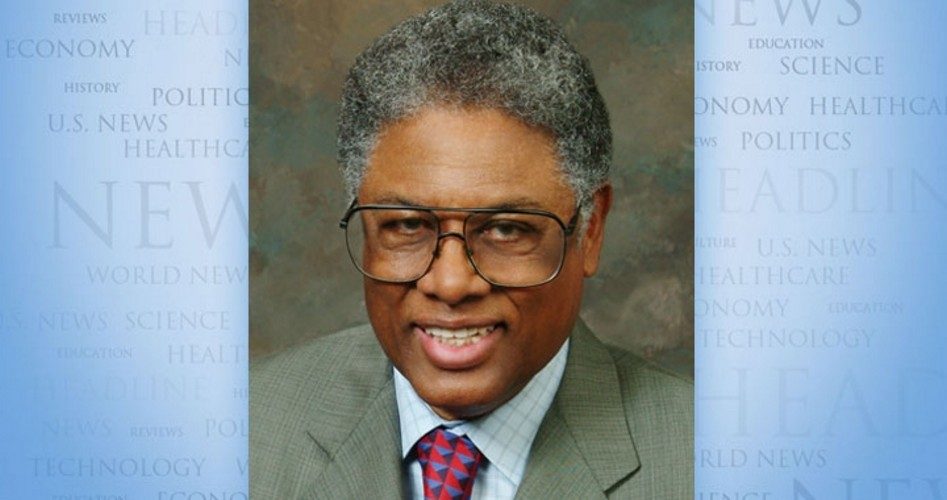
Someone called politics “the art of the possible.” But, in the era of the modern welfare state, politics is largely the art of the impossible.
Those people morbid enough to keep track of politicians’ promises may remember how Barack Obama said that ObamaCare would lower medical costs — and lots of people bought it.
But if you stop and think, however old-fashioned that may seem these days, do you seriously believe that millions more people can be given medical care and vast new bureaucracies created to administer payment for it, with no additional costs?
Just as there is no free lunch, there is no free red tape. Bureaucrats have to eat, just like everyone else, and they need a place to live and some other amenities. How do you suppose the price of medical care can go down when the costs of new government bureaucracies are added to the costs of the medical treatment itself?
By the way, where are the extra doctors going to come from, to treat the millions of additional patients? Training more people to become doctors is not free. Politicians may ignore costs but ignoring those costs will not make them go away.
With bureaucratically controlled medical care, you are going to need more doctors, just to treat a given number of patients, because time that is spent filling out government forms is time that is not spent treating patients. And doctors have the same 24 hours in the day as everybody else.
When you add more patients to more paperwork per patient, you are talking about still more costs. How can that lower medical costs? But although that may be impossible, politics is the art of the impossible. All it takes is rhetoric and a public that does not think beyond the rhetoric they hear.
You can just call “medical care for all” a “right” and you are home free with a major part of the public. Those who are more skeptical can be dismissed as people who just are not as compassionate. That puts you on the side of the angels against the forces of evil — and that is a proven winning strategy in politics.
Back during World War II, military construction battalions had the motto, “The difficult done immediately; the impossible takes a little longer.” Today, the impossible may not even take longer. Indeed, the impossible has become routine in political rhetoric.
Whether in medical issues or other issues, politicians don’t even have to prove that what they advocate is possible, much less probable. For example, those who advocate tighter gun control laws are almost never asked for evidence that such laws have in fact reduced gun violence. And almost never do they even attempt to present such evidence.
But the only way that it is possible that such laws will save lives is if they do in fact reduce killings with guns. But who cares what is possible these days? If the intention is good and the means sound plausible, who wants to get bogged down in specifics? Certainly not politicians or most of the media. All you really need is rhetoric that puts you on the side of the angels against the forces of evil.
On the international stage, the ever-popular policy of “disarmament” is in essence domestic gun control writ large. Nuclear disarmament is especially popular. No doubt many people wish that scientists had never discovered how to make such devastating weapons.
But, once the principles on which nuclear bombs operate have been discovered, it is impossible to undiscover them.
Even if you destroyed every nuclear bomb in the world, the knowledge of how to make them cannot be destroyed. If you killed every scientist who has this knowledge, such a bloodbath would be futile, because new scientists can discover what the old scientists discovered.
With international disarmament agreements, as with domestic gun control, nothing is easier than disarming peaceful people — thereby leaving them more vulnerable to people who are not peaceful, who can simply ignore the restrictions that others obey.
But if verifiable, lasting and universal nuclear disarmament is impossible, who cares, so long as it sounds good? Politics is the art of the impossible.
Thomas Sowell is a senior fellow at the Hoover Institution, Stanford University, Stanford, CA 94305. His website is www.tsowell.com. To find out more about Thomas Sowell and read features by other Creators Syndicate columnists and cartoonists, visit the Creators Syndicate Web page at www.creators.com.
COPYRIGHT 2013 CREATORS.COM


